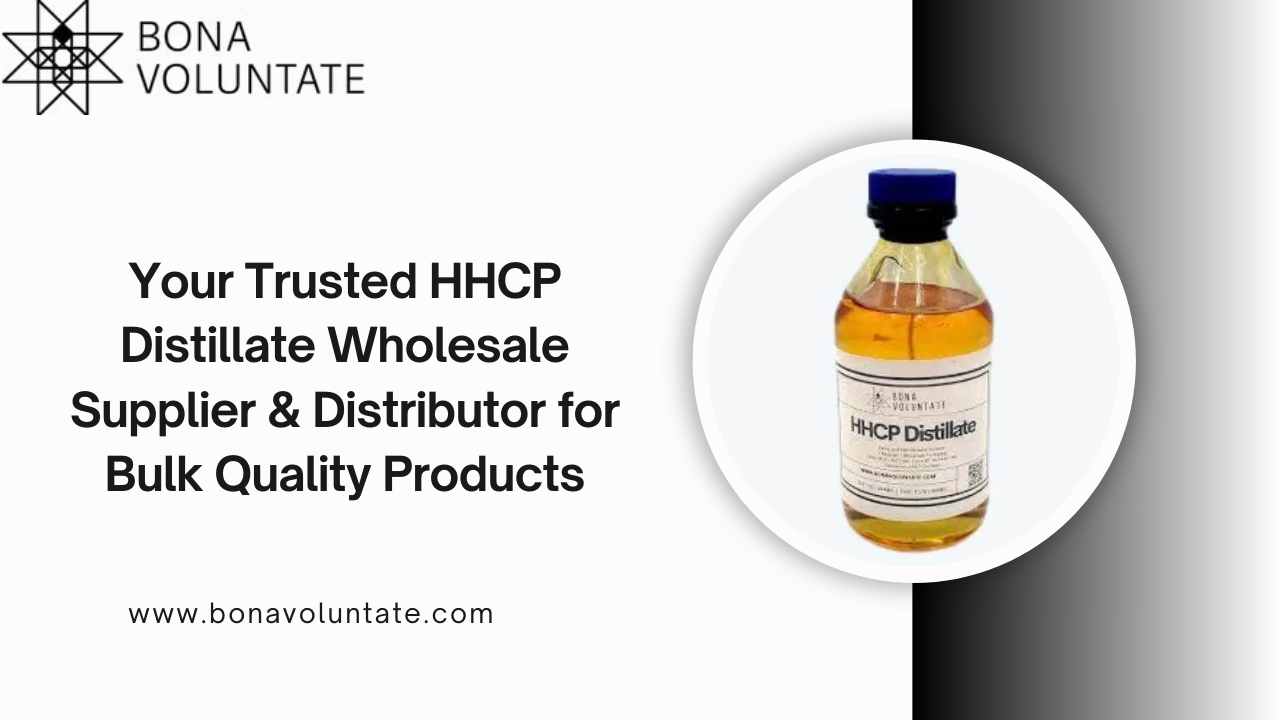Call centers are a vital point of contact between businesses and their customers. Every customer interaction carries an opportunity to build trust, resolve issues, and create a positive brand impression. Consistency, compliance, and agent performance are essential factors in maintaining service quality across thousands of customer engagements. To meet these objectives, organizations implement quality management software for call centers as part of their operational strategy.
Quality management software (QMS) provides a structured approach to monitoring, evaluating, and improving customer interactions handled by call center agents. This technology supports supervisors and managers by offering tools to assess call quality, track agent performance, identify training needs, and maintain regulatory compliance. Businesses exploring solutions at the evaluation stage can benefit from understanding how a quality management tool for agents enhances operational efficiency and customer satisfaction.
Understanding the Role of Quality Management Software
Quality management software functions as a centralized platform where supervisors and quality assurance teams can review agent interactions, track key performance metrics, and implement targeted coaching programs. The system evaluates various communication channels, including voice calls, email, live chat, and social media messages.
A typical QMS captures interaction data, generates performance scorecards, and provides reporting dashboards. This process ensures that customer service standards are consistently met across all touchpoints. The software also helps identify service gaps, enabling managers to take corrective actions promptly.
Core Features of Call Center Quality Management Software
Businesses evaluating QMS solutions should consider several core features that directly impact agent performance and overall service quality.
Call Recording and Monitoring
Recording and reviewing customer interactions allow supervisors to assess how effectively agents handle calls. This feature supports both compliance tracking and service quality evaluation.
Customizable Evaluation Templates
Different call centers operate with varying service standards and performance benchmarks. Customizable scorecards and evaluation templates enable organizations to define criteria that align with their business objectives.
Real-Time Feedback Mechanisms
A quality management tool for agents often includes real-time feedback features. Supervisors can provide instant performance evaluations, allowing agents to adjust their behavior during active shifts.
Agent Performance Dashboards
Performance dashboards offer agents clear visibility into their key metrics. Average handling time, first-call resolution rates, and customer satisfaction scores are examples of the data presented. Access to this information encourages self-monitoring and continuous improvement.
Speech and Text Analytics
Some advanced QMS platforms provide AI-driven speech and text analytics. These tools analyze language patterns, sentiment, and keyword usage within customer interactions. Managers gain deeper insights into both agent behavior and customer mood.
Coaching and Training Modules
Integrated coaching tools enable supervisors to assign personalized training modules based on individual agent performance trends. This targeted approach improves skill development efficiency.
Multi-Channel Monitoring
A robust QMS covers multiple communication channels beyond voice calls. Monitoring chat, email, and social media ensures quality consistency across all customer engagement platforms.
Automated Quality Scoring
Automating the scoring process helps minimize subjectivity and ensures uniform evaluation across the entire team. Predefined scoring parameters make the assessment process faster and more reliable.
Impact of a Quality Management Tool on Agent Performance
A quality management tool for agents plays a crucial role in promoting individual accountability and professional growth. By providing agents with direct access to their performance data, the tool fosters a sense of ownership over service quality.
Agents can review their historical performance scores, listen to recorded calls, and analyze feedback from supervisors. This level of transparency empowers agents to identify areas for improvement and take proactive steps toward better performance.
Real-time feedback further enhances this process. When agents receive immediate evaluations after customer interactions, they can correct errors and reinforce best practices more effectively. Some tools also incorporate gamification elements, such as achievement badges and leaderboards, which serve to motivate and engage the workforce.
Organizational Benefits of Quality Management Software
The organizational advantages of implementing quality management software for call centers extend beyond individual agent performance.
Improved Customer Satisfaction
Consistent service quality leads to more positive customer experiences, higher satisfaction scores, and stronger brand loyalty.
Operational Efficiency
With real-time performance tracking and automated reporting, supervisors can manage larger teams without compromising on quality oversight.
Regulatory Compliance
Industries with strict customer interaction regulations, such as finance and healthcare, benefit from built-in compliance monitoring features.
Data-Driven Decision Making
Performance analytics provide actionable insights that help managers refine training programs, adjust staffing levels, and optimize operational processes.
Cost Reduction
Efficient handling of customer inquiries reduces average handling time and minimizes the need for repeat calls, leading to lower operational costs.
Reduced Employee Turnover
Providing agents with clear feedback, coaching opportunities, and performance recognition improves job satisfaction and reduces attrition.
Factors to Consider When Selecting Quality Management Software
Choosing the right QMS requires a careful assessment of organizational needs and technical requirements. Several factors should guide the selection process:
Scalability
The software must accommodate current team sizes and projected growth without performance limitations.
Integration Capability
Seamless integration with existing CRM, telephony, and ticketing systems reduces data silos and streamlines workflows.
User Interface and Ease of Adoption
A straightforward, user-friendly interface ensures that both agents and supervisors can quickly adopt the software with minimal training.
Customization Options
The ability to customize evaluation criteria, scoring templates, and reporting formats enables alignment with internal quality standards.
Analytics and Reporting Depth
Detailed reporting tools allow managers to generate insights on agent performance, customer satisfaction trends, and process efficiency.
Vendor Support and Training Resources
Reliable customer support and access to training materials are essential for smooth implementation and ongoing software use.
Pricing Structure
Organizations should evaluate pricing models to ensure the solution delivers value within budget constraints while offering the necessary features.
Implementation Best Practices
Deploying quality management software for call centers requires a structured implementation strategy.
Start by defining clear objectives, such as improving customer satisfaction scores or reducing average call handling time. Conduct training sessions for both agents and supervisors to familiarize them with the system’s features.
Consider running a pilot program with a small team to test functionality and identify potential challenges before full-scale rollout. Establish regular feedback loops to gather input from users and adjust processes as needed. Finally, monitor key performance indicators to track progress and optimize the system over time.
Conclusion
A well-implemented quality management software solution plays an essential role in improving agent performance, maintaining regulatory compliance, and delivering high-quality customer service.
For call centers evaluating solutions at the consideration stage, focusing on features that support both managerial oversight and agent development is key. A reliable quality management tool for agents encourages self-improvement, enhances accountability, and fosters a performance-driven work culture.
By selecting a QMS that aligns with organizational goals and operational needs, businesses can build a foundation for sustained customer satisfaction and operational excellence.



